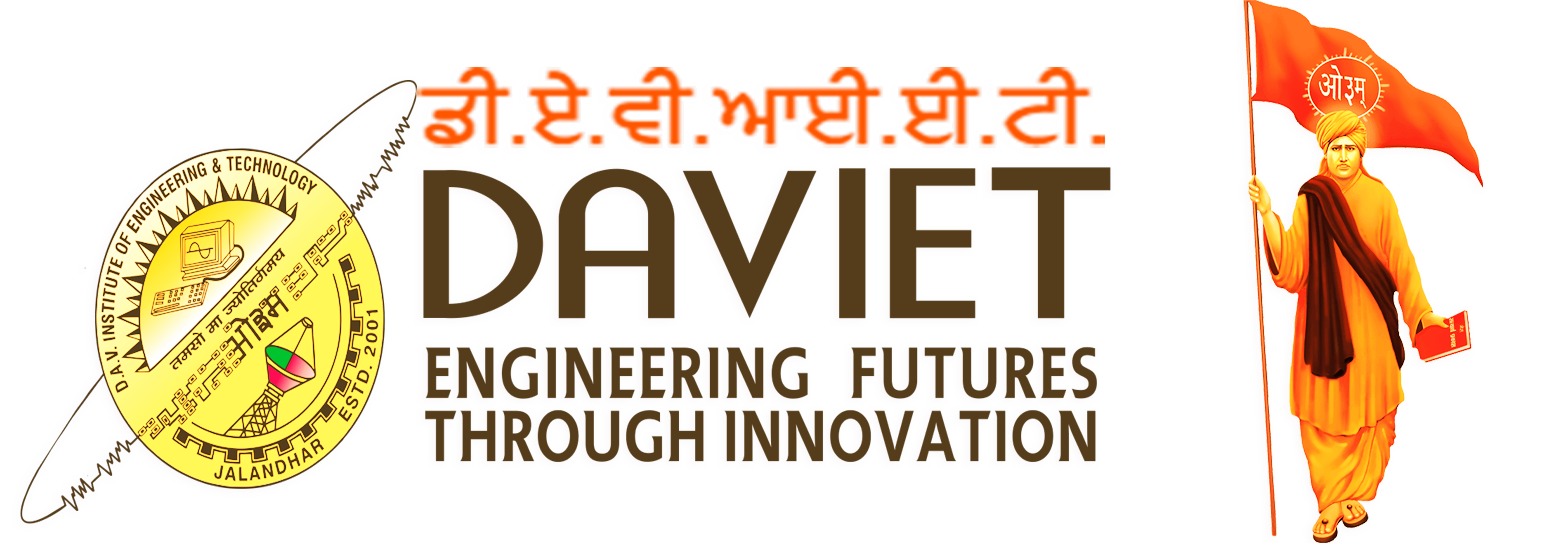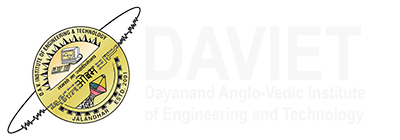Department of computer applications aims to prepare well groomed & technically proficient computer professionals to meet up with the demands of challenging industry and societal needs.
Department of Computer Applications
[vc_tta_tabs][vc_tta_section title=”VISION” tab_id=”1″]
[/vc_tta_section][vc_tta_section title=”MISSION” tab_id=”2″]
[/vc_tta_section][vc_tta_section title=”PEOS” tab_id=”3″]
[/vc_tta_section][vc_tta_section title=”PSOS” tab_id=”4″]
[/vc_tta_section][vc_tta_section title=”POs” tab_id=”5″]
[/vc_tta_section][/vc_tta_tabs]
- To equip our students with good knowledge, skills and attitude by offering latest tools and technology in the domain of computer applications.
- To establish industry-academia interaction to facilitate the students to work proficiently in the industrial environment.
- To imbibe high moral values and professional ethics.
The Programme Educational Objectives (PEO) of PG programmes are
- PEO1: To prepare post graduates who will be successful professionals in industry, government, academia, research, entrepreneurial pursuit and consulting firms and also will contribute to community as broadly educated, expressive, ethical and responsible citizens with proven expertise.
- PEO2:To prepare post graduates who will achieve peer-recognition; as an individual or in a team; through demonstration of good analytical, design and implementation skills.
- PEO3:To prepare post graduates who will thrive to pursue life-long learning to fulfil their goals.
Programme Specific Outcomes
PSO1: Problem Solving & Analysis:
- Apply the theoretical foundations of computer science in modelling and developing solutions to the real world problems.
PSO2: Software Development & Testing:
- Design and develop the application software systems that meet the automation needs of society and industry.
PSO3: Network Communication and Applications:
- Ability to apply knowledge of layered network Models, their protocols and technologies in building network and Internet based applications.
PO’s (Graduate Attributes)
- PO1: Computational Knowledge: Apply knowledge of computing fundamentals, computing specialization, mathematics, and domain knowledge appropriate for the computing specialization to the abstraction and conceptualization of computing models from defined problems and requirements.
- PO2: Problem Analysis: Identify, formulate, research literature, and solve complex computing problems reaching substantiated conclusions using fundamental principles of mathematics, computing sciences, and relevant domain disciplines.
- PO3: Design /Development of Solutions: Design and evaluate solutions for complex computing problems, and design and evaluate systems, components, or processes that meet specified needs with appropriate consideration for public health and safety, cultural, societal, and environmental considerations.
- PO4: Conduct investigations of complex Computing problems: Use research-based knowledge and research methods including design of experiments, analysis and interpretation of data, and synthesis of the information to provide valid conclusions.
- PO5: Modern Tool Usage: Create, select, adapt and apply appropriate techniques, resources, and modern computing tools to complex computing activities, with an understanding of the limitations.
- PO6: Professional Ethics: Understand and commit to professional ethics and cyber regulations, responsibilities, and norms of professional computing practices.
- PO7: Life-long Learning: Recognize the need, and have the ability, to engage in independent learning for continual development as a computing professional.
- PO8: Project management and finance: Demonstrate knowledge and understanding of the computing and management principles and apply these to one’s own work, as a member and leader in a team, to manage projects and in multidisciplinary environments.
- PO9: Communication Efficacy: Communicate effectively with the computing community, and with society at large, about complex computing activities by being able to comprehend and write effective reports, design documentation, make effective presentations, and give and understand clear instructions.
- PO10: Societal and Environmental Concern: Understand and assess societal, environmental, health, safety, legal, and cultural issues within local and global contexts, and the consequential responsibilities relevant to professional computing practices.
- PO11: Individual and Team Work: Function effectively as an individual and as a member or leader in diverse teams and in multidisciplinary environments.
- PO12: Innovation and Entrepreneurship: Identify a timely opportunity and using innovation to pursue that opportunity to create value and wealth for the betterment of the individual and society at large


